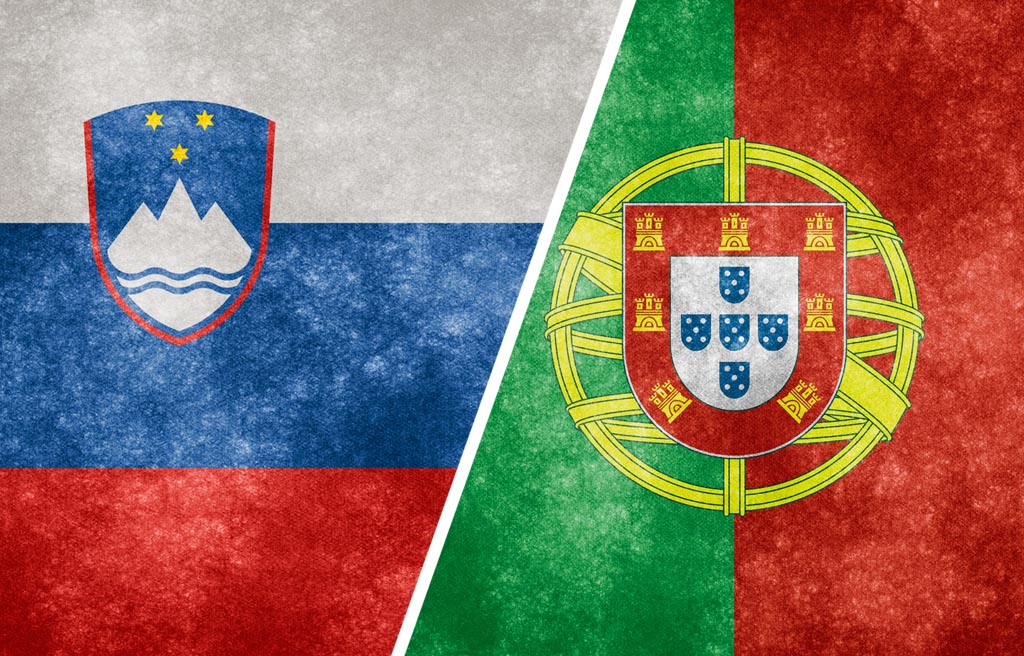By: UKOM
A joint letter of Slovenian Foreign Minister Anže Logar and his Portuguese counterpart Augusto Santos Silva has been published in today’s edition of the Delo newspaper, in which they discuss the objectives of their countries’ EU Council Presidencies. The entire letter is available below.
In a crisis we need European cohesion – continuity and a smooth transition between Presidencies are key
On 9 June 2020, the Council of the EU adopted the Programme prepared by Germany, Portugal and Slovenia spanning the consecutive 18 months of their rotating presidencies. Back then, Covid-19 had already been identified as an unprecedented global challenge. It continues to affect our societies and economies in a dramatic way, and to require collective and decisive action. Our presidency trio committed to doing everything in our power to reinforce Europe’s resilience, to protect citizens and to overcome the crisis, while preserving European values.
The current Portuguese Presidency and the future Slovenian Presidency are committed to the timely implementation of the Multiannual Financial Framework (MFF) 2021-2027 and the new Next Generation EU instrument, including its Recovery and Resilience Facility (RRF), which came into force on 19 February. Together, they represent EUR 1.8 trillion and will provide the basis for sustainable growth and job creation once the health crisis is under control. The RRF is the biggest building block of the Next Generation EU recovery package, comprising grants and loans to support key policy areas such as the green and digital transitions. Its entry into force must now be matched by the ratification of the Own Resources Decision by national parliaments, authorizing the European Commission to borrow temporarily up to €750 billion (in 2018 prices) on the capital markets to address the consequences of the pandemic. Portugal and Slovenia are among the first to have concluded ratification, a testimony of our full commitment to Europe’s recovery. We hope that more Member States will follow suit and that by the second quarter of 2021 some (if not all) will be able to contract with the Commission to finance their recovery and resilience plans.
Responding to the current crisis also involves the strengthening of the EU’s social dimension. The outbreak of Covid-19 has brought to light how this is essential to resilience and recovery. The watermark of the Portuguese Presidency is the idea that our European Social Model must be seen as a pull-factor for growth and as a way of mitigating the impact of the pandemic, and of successfully navigating the climate and digital transitions, which will greatly impact our societies, economies and labour markets. European citizens need confidence and trust, and reassurances that this double transition will occur in a responsible and fair manner. We believe that more can be done to ensure the implementation of the European Pillar of Social Rights proclaimed at the Gothenburg Summit in 2017. This is what motivates the Portuguese Presidency on the road to the Oporto Social Summit on 7-8 May which will be an opportunity to engage with citizens and social partners on how Europe’s Social Model contributes to resilience and growth.
In the light of the pandemic, the overarching task of the Slovene Presidency will be how to increase the resilience of the EU. The EU needs to take stock of the lessons learnt so far and to make sure that it will be able to respond to future crises in a coordinated manner, while preserving the integrity of the internal market. It will be especially important to take decisive steps towards the Health Union and to build EU autonomy regarding key strategic vaccines and medicines. In the field of resilience, we will also focus on the question of cyber security and the preparedness of the EU to respond to large-scale cyber-attacks.
Secondly, the Slovene Presidency will focus on the green and digital transition. The EU has been a longstanding global leader in combating climate change. It will be our task, in the second semester of 2021, to start translating our ambitious targets of 55% reduction in greenhouse emissions by 2030 into binding legislative acts. The Glasgow COP26 meeting will provide an additional opportunity to display our determination and convince the world that we must act now.
The Covid-19 challenge has amplified the general trend towards digitalization. Artificial intelligence, data governance, as well as cyber security and preparedness for potential large-scale cyber-attacks are all issues that will demand the EU’s undivided attention. A particularly important issue will be how to regulate digital markets and services and strike the right balance between ensuring competitiveness and the need to set appropriate standards for the digital sector, based on common European values.
Current and past challenges have also underlined the need to rethink the EU’s future –how to make the EU better, stronger and more resilient. In this respect, the Conference on the Future of Europe is an excellent opportunity to bring citizens and institutions together in order to discuss where the Union should be headed and its different future policies. All with a view to presenting tangible conclusions in the spring of 2022.
Like Portugal, Slovenia will preside over the Council of the EU in very challenging times, together we will continue to do our best to keep the tempo and the momentum to move our common European project forward.

